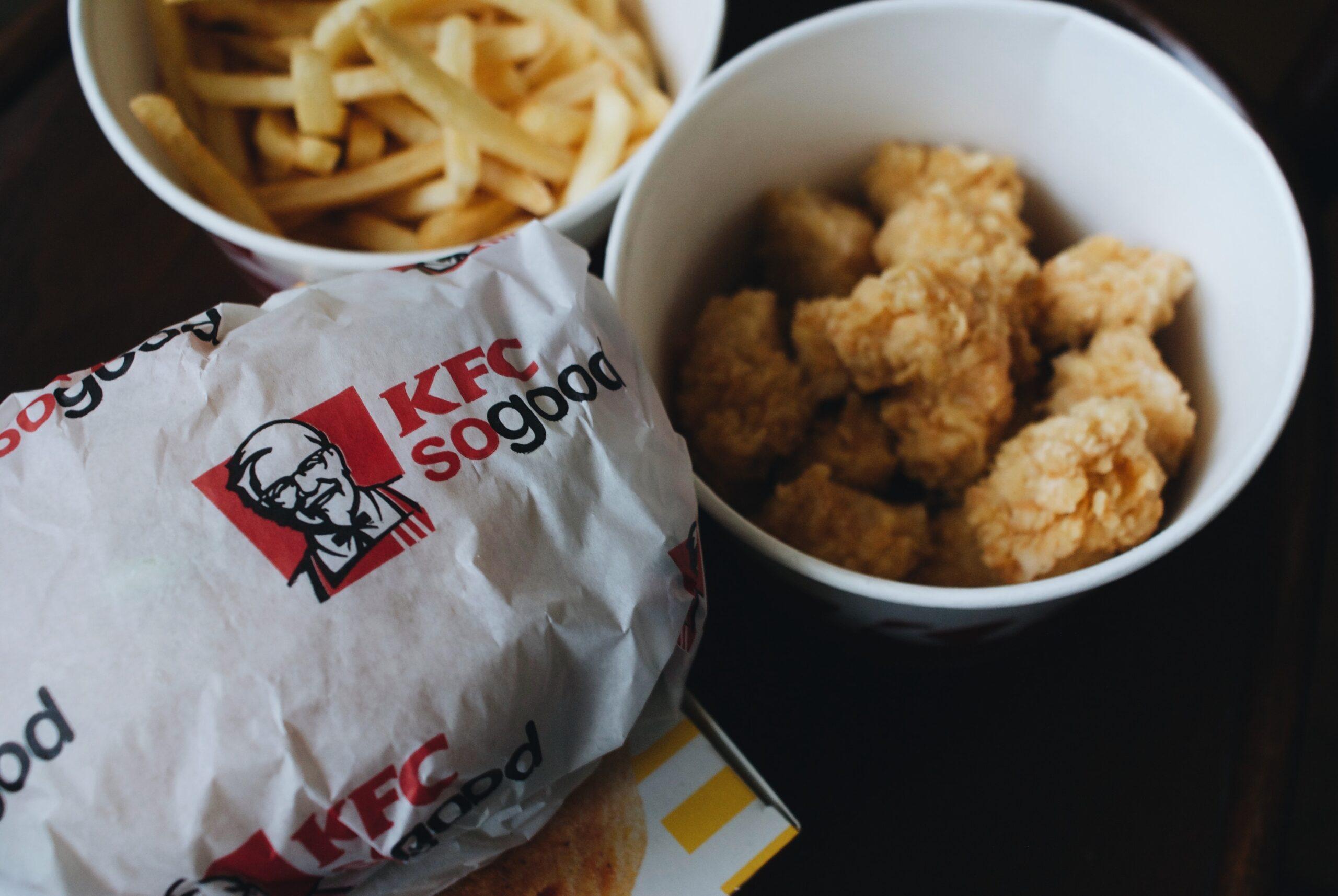“Selling our health”

“More KFC outlets per person in T&T compared to any other country”, declared a recent headline in a local newspaper. KFC, now the largest fast-food chain in Trinidad and Tobago has embedded its roots so deeply, that local franchises are unable to successfully compete. This big squeeze on small business cannot be good for the island’s economy. Although they offer jobs and other incentives, workers are paid less than minimum wage, while KFC maximizes on profit at the expense of our health and cheap labour.
We have seen the unhealthy fats in fried foods, like trans fats and partially hydrogenated oils. These fats can raise bad cholesterol levels (LDL) and lower good cholesterol levels (HDL), increase the risk of heart disease, heart attacks, and strokes. Fried food is calorie-dense and the result is weight gain and obesity, which are risk factors for various chronic diseases and cancers. In fact, when foods are fried at high temperatures, they can form harmful compounds like acrylamide and advanced glycation end products (AGEs). These compounds have been linked to an increased risk of cancer and other chronic conditions. In fact, fried foods often lack essential nutrients and fiber, offering little to no nutritional benefits.
It’s important to note that moderation is key when it comes to fried foods. However, to promote overall well-being, it’s essential to focus on a diet rich in fruits, vegetables, whole grains, lean proteins, and healthy fats while limiting the intake of fried and processed foods. Regular exercise and a healthy lifestyle also play crucial roles in reducing the health risks associated with fried foods.
Trinbagonians are already getting heavier and more obese annually and moving less. According to the Pan America Health Organization, in Trinidad and Tobago the prevalence of overweight and obesity was 46 per cent in 2016 and 76.4 per cent of the population reported insufficient physical activity. We can thank our fast-food supply chain for the over-consumption and unhealthy options of fried food in our society.
In addition to unhealthy fats, fast foods are often loaded with high amounts of sodium to enhance flavour and preserve the food. Excessive sodium intake can lead to high blood pressure and an increased risk of heart disease. Also, consumption of fast foods high in refined carbohydrates and sugars can cause rapid spikes and drops in blood sugar levels which can contribute to feelings of fatigue, hunger, and overeating. KFC is known for its addictive additives and preservatives which often contain artificial flavours that can have a negative effect on health in the long term.
While KFC provides incentives for education and other social benefits, they promote unhealthy eating habits through aggressive marketing and accessibility strategies which can encourage people to choose convenience over nutritious options, leading to a habit of relying on unhealthy food choices regularly.
Fast-food chains, including KFC, often contribute to environmental issues through their large-scale production processes, waste generation, and transportation. The fast-food industry often negatively affects local economies, with low-paying jobs, limited opportunities for career growth, and potential exploitation of workers.
Most importantly, our biggest health risk is the displacement of traditional and healthier diets because of the popularity of fast-food chain leads to a decline in traditional and healthier dietary choices, impacting the food culture of the region.
It’s essential to remember that occasional consumption of fast food is unlikely to cause significant harm. However, regular and excessive consumption can lead to various health problems over time. Promoting balanced diets, cooking at home with fresh ingredients, and making healthier choices when eating out are all steps that can help mitigate the negative impact of fast food on the population’s health.
Subrina Hall-Azih is a Trinidadian educator living in New York.






